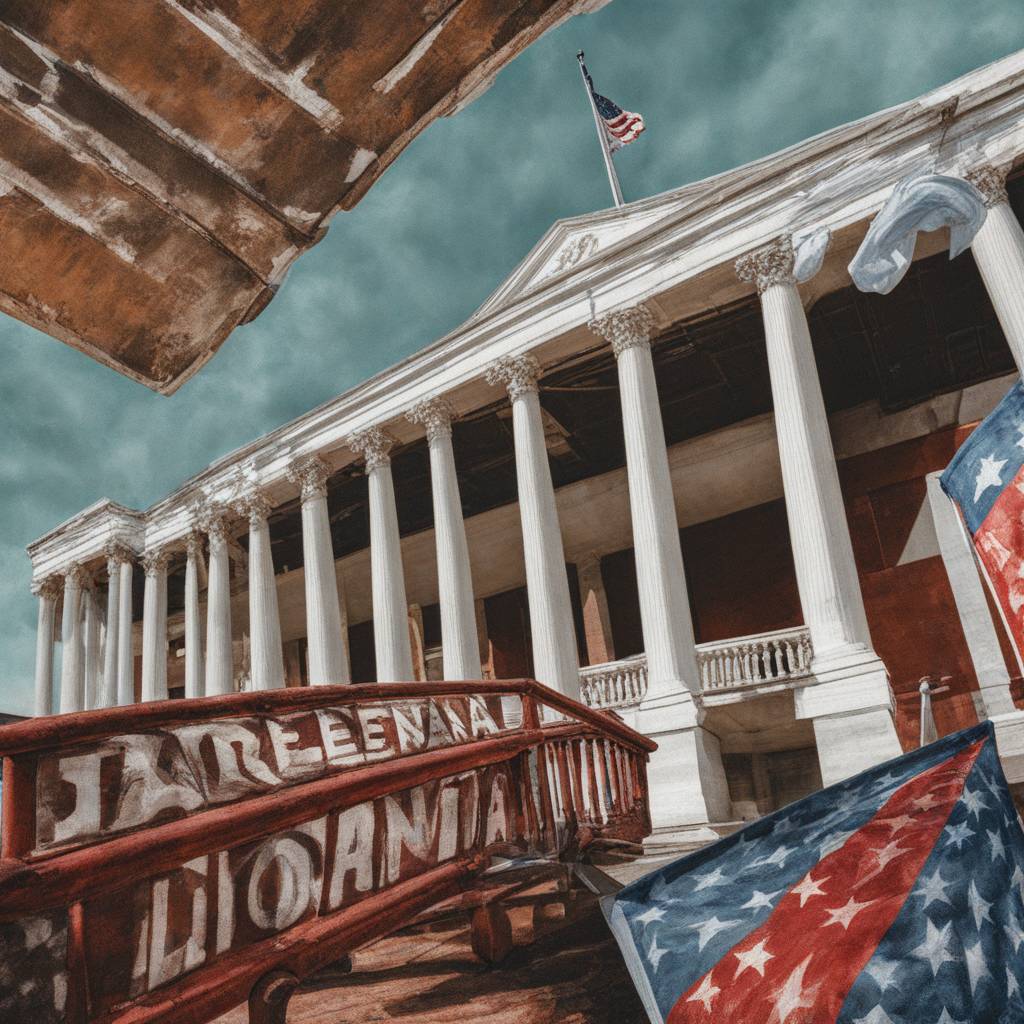State Rep. Delisha Boyd, born in 1969 to a 15-year-old mother who was a victim of statutory rape, has been advocating for exceptions for rape and incest in Louisiana’s abortion ban. Despite facing considerable opposition from Republican legislators and anti-abortion groups, Boyd believes that every person deserves the same protection under the law, regardless of the nature of their conception. Louisiana is one of 11 states that have severely restricted or banned abortion without exceptions for rape or incest, allowing abortions only for certain fetal conditions or if the pregnant patient’s life is in danger.
Following the Supreme Court’s decision to overturn Roe v. Wade, the number of abortion clinics in Louisiana decreased significantly, making it difficult for survivors of rape or incest to access the care they may need. Dr. Nicole Freehill, an OB-GYN in New Orleans, has treated pregnant rape survivors since the ban was implemented, highlighting the dangers of forcing someone to carry a pregnancy to term against their will. Access to abortion care in the Southeast is also dwindling due to laws like Florida’s six-week abortion ban, increasing the barriers for survivors seeking necessary care.
Planned Parenthood Gulf Coast has been providing support and resources to clients in Louisiana and Texas, including rape and incest survivors, to help them navigate the challenges of accessing abortion care. While exceptions for rape and incest are crucial, they do not guarantee that survivors will find providers willing to perform the procedure. In states like Mississippi, where the sole abortion clinic has closed, survivors have faced significant hurdles in obtaining the care they need, such as lack of access to providers and financial barriers.
In her advocacy for exceptions for rape and incest, Boyd shared her mother’s story of being a rape survivor who passed away at a young age. She emphasized the harm that can result from having no exceptions in abortion laws and urged her fellow legislators to consider the impact on survivors. Despite facing opposition from some colleagues, Boyd remains committed to fighting for these exceptions, recognizing the importance of ensuring that all individuals have access to safe and legal abortion care, especially in cases of rape or incest.
During committee hearings on the bill to add exceptions for rape and incest, Dr. Damon Cudihy, an OB-GYN, argued against the proposed changes, suggesting that the focus should be on punishing rapists rather than innocent children. Democratic Rep. Alonzo Knox countered this argument by highlighting the importance of freedom, particularly for women, in making decisions about their own bodies. Despite the impassioned debate, the bill ultimately failed along party lines, underscoring the challenges faced by advocates like Boyd in pushing for legislative changes.
As Boyd reintroduces her bill this year, she faces uncertainty about its success, even within her own party. Some Democratic colleagues, including Rep. Patricia Moore, have expressed opposition to the bill based on religious beliefs and the belief that every pregnancy is for a purpose if allowed by God. Despite the complexities of the political and religious landscape in Louisiana, Boyd remains steadfast in her commitment to advocating for exceptions for rape and incest, recognizing the importance of providing compassionate and necessary care for survivors in their time of need.













